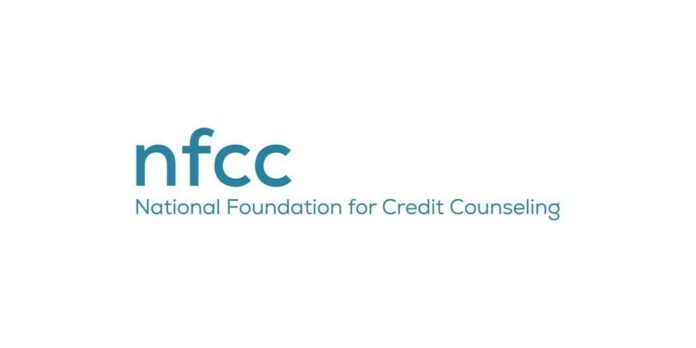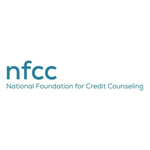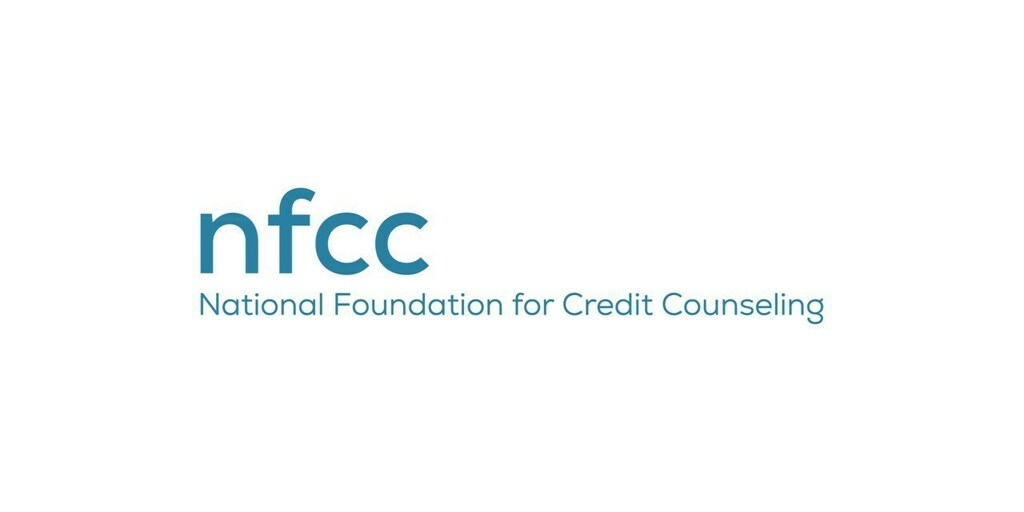WASHINGTON–(BUSINESS WIRE)–Despite an easing of inflation and reports of improved consumer confidence, the NFCC Financial Stress Forecast℠ indicates that American families are feeling their budgets stressed even more during the first quarter of 2024 than at any time in the last three years.
The NFCC Financial Stress Forecast℠ is predicted to increase to 5.3 during the first quarter of 2024, up from 4.8 on a 10-point scale during the fourth quarter of 2023. This marks the highest the score has been since the first quarter of 2021, the earliest time tracked by the forecast.
The forecast, which signals that consumers will feel less financially secure at the end of March than they did at the end of December, has risen 49.9% from a low of 3.2 set in the second quarter of 2021, marking a sharp increase in consumer financial distress in a relatively short period of time.
“While there are some indications the economy is improving, what our experience shows is that many families are not seeing this improvement in their bank accounts. Our data reflects the disconnect many Americans are feeling. They’re hearing about an improving economy but are still struggling to pay for necessities like food and utilities while also covering their debt payments,” said Mike Croxson, CEO of the NFCC. “Unfortunately, it looks like this financial balancing act will only get worse for many Americans.”
The NFCC Financial Stress Forecast℠ offers valuable insights into U.S. consumers’ ability to repay unsecured debt, such as credit cards, and highlights the critical connection between consumers’ financial well-being, unsecured debt default and its ripple effect on the overall economy. Perhaps most importantly, it can predict the economic sentiment of consumers in the next quarter, barring any government stimulus or other intervening action.
The forecast is calculated through a proprietary algorithm which incorporates millions of data points from NFCC members as well as quarterly bank lending data reported by the Federal Reserve on net charge-offs, charge off rates, delinquencies and delinquency rates.
“It remains crucial that people take a serious look at their income and expenses and create a household budget that reflects their financial reality,” Croxson said. “For those people who struggle with creating and sticking to a budget, they also need to recognize that there is no shame in asking for help.”
The development of the NFCC Financial Stress Forecast℠ was funded by JP Morgan Chase.
About The NFCC
Founded in 1951, the National Foundation for Credit Counseling (NFCC) is the oldest nonprofit dedicated to improving people’s financial well-being. With 1,215 NFCC Certified Credit Counselors serving 50 states and all U.S. territories, NFCC nonprofit counselors are financial advocates, empowering millions of consumers to take charge of their finances through one-on-one financial reviews that address credit card debt, student loans, housing decisions, and overall money management. For expert guidance and advice, call (800) 388-2227 or visit www.nfcc.org.
Contacts
Michelle Rash
RLF Communications
336-553-1733 (office)
336-823-5501 (mobile)
mrash@rlfcommunications.com







